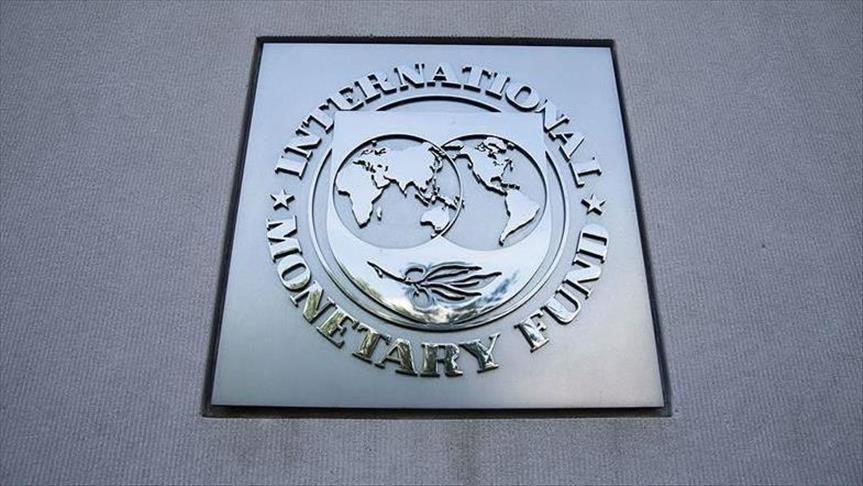Fiscal measures implemented by governments against the novel coronavirus need to be harmonized to combat climate change and ensure an environmentally sustainable recovery from the pandemic, the managing director of the International Monetary Fund (IMF) said Wednesday.
'If this recovery is to be sustainable—if our world is to become more resilient—we must do everything in our power to promote a green recovery,' said Kristalina Georgieva.
Georgieva noted that taking measures now to fight the climate crisis is not just a “nice-to-have” but a must-have if we are to leave a better world for our children.
'When governments provide financial lifelines to carbon-intensive companies, they should mandate commitments to reduce carbon emissions,' she said.
Recalling the 2008 global financial crisis, she said some automakers committed to higher fuel efficiency standards then.
'With oil prices at record-low levels, now is the time to phase out harmful subsidies,' she said, adding governments need to prioritize investment in green technologies, clean transport, sustainable agriculture and climate resilience.
She highlighted that in the energy sector alone, the IMF estimates that a low-carbon transition would require an investment of $2.3 trillion every year for a decade.
- Promoting green finance
Georgieva emphasized that the world should focus on using green bonds and other forms of sustainable finance.
'In light of the extended use of government guarantees, part of them can be deployed to mobilize private finance for green investment,' she noted.
Financial firms have to be mandated to better disclose climate risks in their lending and investment portfolios, she added.
She also said that better ways of pricing in climate risk should be found.
'New IMF analysis shows that over the past 50 years, climate-related disasters have had only a modest effect on equity markets. Clearly, many investors have yet to face up to the new climate reality.'
- Right price on carbon
Georgieva warned that a substantially higher carbon price is needed to encourage climate-smart investment and to accelerate the shift to cleaner fuels and more energy efficiency.
She noted the current global carbon price is only $2 per ton, way below the levels needed to keep global warming under 2 degrees Celsius, which the IMF estimated to be $75 per ton.
This transition must be fair and growth-friendly, she said.
'For example, carbon tax revenues can be used to provide upfront assistance to poorer households, lower burdensome taxes, and support investments in health, education and infrastructure.”
By Aysu Bicer
Anadolu Agency
energy@aa.com.tr


